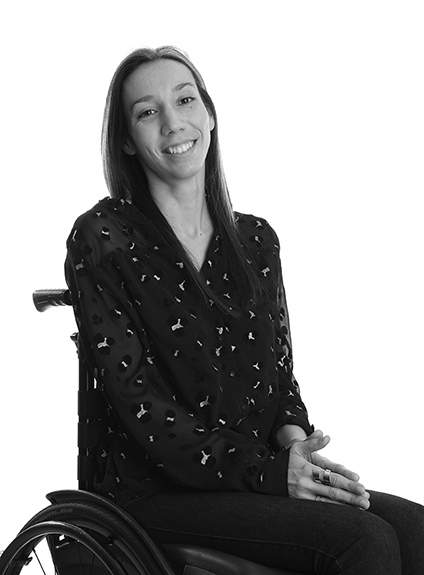| marie-hélène le ny |
|
photographist |
|
During fetal development, angiogenesis enables the establishment of the cerebral vascular network. In children exposed to alcohol in utero, abnormalities in angiogenesis are observed, which have an impact on cerebral development. In Europe, Fetal Alcohol Syndrome (FAS) affects one child per 1,000 births. It is therefore important not only to prevent the disease, but also to better identify those children exposed to alcohol in utero who are at risk of developing disorders. The problem is that these disorders appear progressively and are often diagnosed late, at around 5-6 years of age. My problem is to look for placental biomarkers from birth, so as to be able to identify these children at an early stage and take care of them as soon as possible, in order to limit potential neurodevelopmental disorders. Indeed, cerebral plasticity is strong in newborns, and the potential for recovery is high.» |
|
||
|
Camille
Sautreuil, |
|||
|
|
|
|
